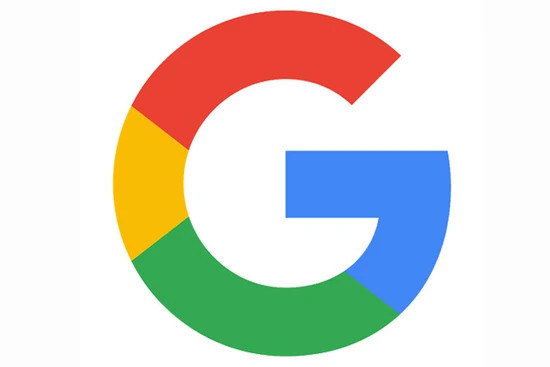After many years of being largely "unchecked", Google has recently faced increasing regulatory scrutiny from various countries. The tech giant is now confronting its second antitrust lawsuit in the US. Notably, just over a month ago, Google lost another lawsuit and was found to have violated US antitrust laws by spending billions of US dollars to maintain its monopoly in the online search market.
Analysts believe that tightening the regulation of major tech giants is a necessary and inevitable step, especially as the digital economy flourishes.
While the first lawsuit focused on online search tools, the ongoing lawsuit delves into Google's complex advertising system. The US Department of Justice accused Google of abusing its dominant position in the digital advertising market to eliminate competition and harm small businesses. Google's massive market share in advertising has led to the closure or sale of many newspapers.
The US Department of Justice believes that Google's excessive concentration of power has undermined information diversity and negatively impacted consumers. Along with Google, tech giants such as Apple, Amazon, and Meta (the company owning Facebook and Instagram) are also under the scrutiny of competition authorities and are entangled in legal controversies.
In addition to the US, many countries have tightened regulations on tech giants. Margrethe Vestager, the EU Commissioner for Competition, stated that the European Union will intensify its efforts to regulate Big Tech by the end of the year. The European Court of Justice is preparing to rule on a multi-billion EUR fine against Google for violating antitrust laws.
Meanwhile, a court in the UK has also recently decided to proceed with a lawsuit against Alphabet, Google's parent company, for allegedly abusing its dominance in the online advertising market.
According to the UK's Competition and Markets Authority (CMA), preliminary investigations revealed that Google has harmed thousands of publishers and advertisers in the UK by charging excessively high fees and stifling competition by manipulating the online advertising auction market. Japan, Australia, and the Republic of Korea (RoK) have also quickly intervened by implementing various measures to address the issue of unfair competition.
Analysts believe that tightening the regulation of major tech giants is a necessary and inevitable step, especially as the digital economy flourishes. The rapid expansion of Big Tech has frequently caused turmoil in the technology market due to unfair competition practices, with consumers, small businesses, and startups often bearing the brunt.
In the era of social media rapid development, the boundary between online and offline is becoming increasingly blurred. Fake news in cyberspace can lead to real-world consequences. However, many experts argue that tech companies have not yet made sufficient efforts to manage these issues, allowing social media to become a fertile ground for the spread of misinformation, hate speech, and violence, which have negatively impacted the economic and social life of many countries around the world.
In this context, tightening regulation of Big Tech is seen as a multifaceted approach. It not only contributes to creating a fair competitive environment on online platforms and "cleaning up" cyberspace but also helps to reestablish the responsibilities of major tech corporations. Additionally, it aims to provide consumers with more diverse services at more reasonable prices.
















